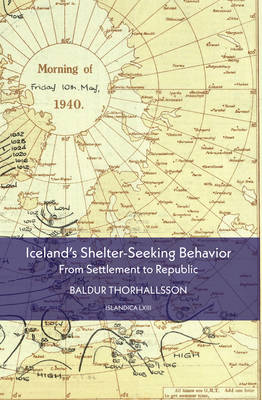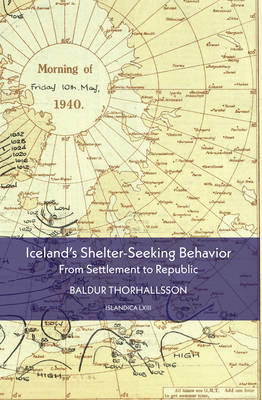
- Retrait gratuit dans votre magasin Club
- 7.000.000 titres dans notre catalogue
- Payer en toute sécurité
- Toujours un magasin près de chez vous
- Retrait gratuit dans votre magasin Club
- 7.000.000 titres dans notre catalogue
- Payer en toute sécurité
- Toujours un magasin près de chez vous
Description
Iceland's Shelter-Seeking Behavior challenges the traditional narrative that Iceland's submission to foreign rule and external relations had catastrophic consequences for the country. It argues that this narrative both exaggerates the costs of external relations and underestimates their benefits. Within the historical context of Iceland's external relations, the book outlines shelter theory, applying its assumption that small polities need economic, political, and societal shelter in order to prosper.
Analysis of Iceland's external relations from the Norse settlement, a little before 900, to the creation of the Republic in 1944 suggests that throughout the period, this island nation enjoyed essential shelter, vital for development and prosperity, which its larger neighbors--Norway, Denmark, Great Britain, and the United States--provided. Other international actors, such as Hansa merchants; Dutch, French, Spanish, and Basque mariners; and the Catholic Church, also provided Iceland with important shelter.
Spécifications
Parties prenantes
- Auteur(s) :
- Editeur:
Contenu
- Nombre de pages :
- 198
- Langue:
- Anglais
- Collection :
- Tome:
- n° 63
Caractéristiques
- EAN:
- 9780935995268
- Date de parution :
- 15-08-21
- Format:
- Livre relié
- Format numérique:
- Genaaid
- Dimensions :
- 196 mm x 234 mm
- Poids :
- 408 g

Les avis
Nous publions uniquement les avis qui respectent les conditions requises. Consultez nos conditions pour les avis.






